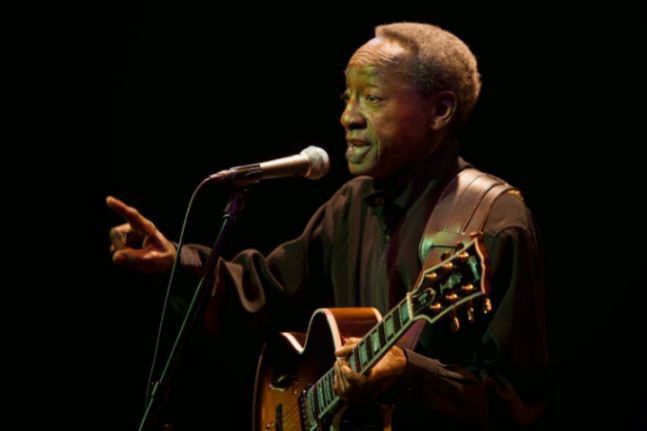One of my children is an auditory learner in a world that honors visual learners, a person with kinetic intelligence in a world that honors academic intelligence. He told me that he wanted to know that getting training, where academics are a challenge, would get him a job.
It would be really nice if the world worked that way. I think everyone would prefer a world that worked that way. Unfortunately, it doesn’t, not at all. Instead of assurances of favorable outcomes, most of life is lived “on spec.” I explained to him that it is a business term that means doing something before you have an agreement on compensation. You need some research, so I do a research paper for you hoping you will pay me adequately. If you don’t, either I accept less than it is worth and insist on payment up front next time, or I simply write off the time I spent on it.
Artists are accustomed to working on spec. Rarely do they get a commission for a creative work, and that only after years of building a reputation. One warm summer evening in Nashville, I was standing outside the Bluebird Café for the evening program. I was by myself since I wanted to be sure to get in. A man approached across the parking lot and stood there with me. He was short and African-American. We talked. I asked if he wrote songs and if he played an instrument and if he had done any work I might know. He was non-committal and vague, giving me one word answers without being unfriendly. Eventually the doors opened, and he went in the back. Later that evening I learned that he was the evening’s attraction, Bobby Hebb, best known for Sunny.
He told the audience that night how many pairs of shoes he had worn out on the streets of New York trying to get a cut for the song, trying to get it recorded. Before he left that night, we had a good laugh together, largely at my expense. He was about the age I am now, and he died five years later. He believed in his song, his art. He believed that it should and would get recorded. However, he did not know—he wrote it on spec and wore out shoes selling it.
Almost everything we do in life is on spec, not contracted for. We get an education, never knowing if it will lead to employment or anything more than a degree. Sometimes we end up hating the subject and changing to another major or switching to another career in graduate school. Even then, we are a nation of reinvented careers. I know an attorney who does data analytics, medical doctors with PhD’s as if they need both. My graduate training is in economics, something I did for 8 years, mostly using MS Excel. When I moved to a new city, I used down time at a printing plant temp job to teach myself MS Access, noticing a button that said “SQL.” My new found SQL skills got me a job in healthcare. I learned data mining and took an online course in SAS, and eventually I found myself in San Francisco working with SAS until I was laid off a year later, moving across the country to a firm that did not use SAS. Two years later they were acquired by a firm that used SAS, so once again I can use those skills. I learned all those skills on spec.
Doing things on spec is not limited to professional life. We join clubs and organizations on spec, either for professional networking or to build our social circles. I met the mother of my children speaking French at the Alliance Française. I met my current wife online. In the absence of foresight, we have no idea how the skills we develop today will work to our advantage tomorrow, whether speaking with someone who knows the language we just learned or electronically meeting someone on the other side of the world who is looking for the same things in life that we are.
Reading all of this, there is something in common, and there is no good word for it, so I will use the next-best word: faith. Now, I don’t mean faith in the sense of religious faith, as in believing in God to have eternal life. But, it is close to the religious faith that things work out for the best (I don’t believe that either.) What it means to me is that we do things on spec, and then we have faith that there will be some unknown and unpredictable return on our investment of time and effort.
Because we don’t know how that return may occur, the best we can do is find things that we get satisfaction in doing. I can’t say I enjoyed learning SAS. What I have tried to do in my life is become the best Sam I could be, put myself out there where other people had a chance of meeting me, and trust (have faith) that someone, whether a lover or an employer, would appreciate my efforts—all on spec.


Recent Comments